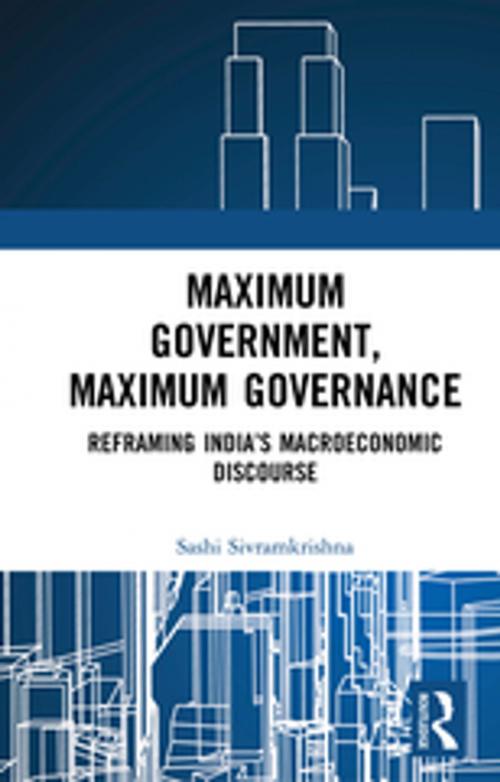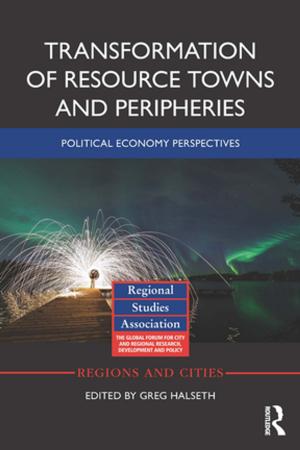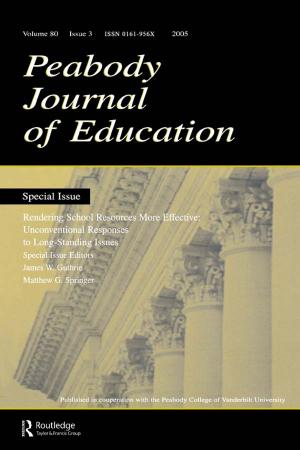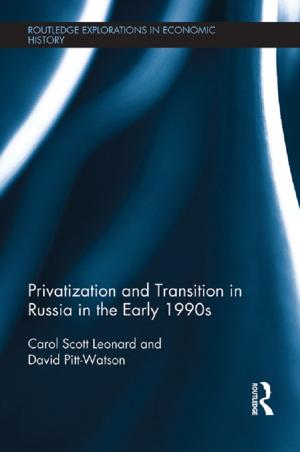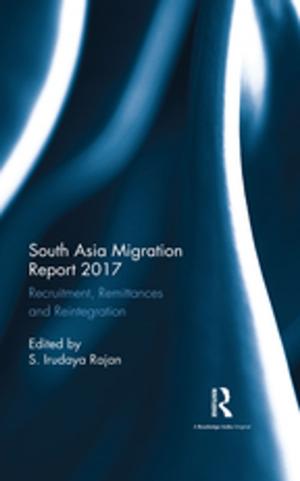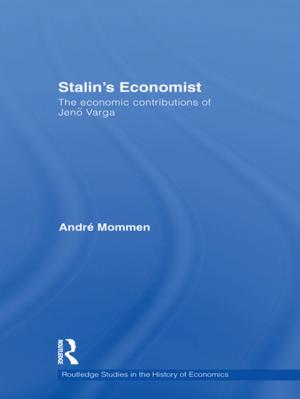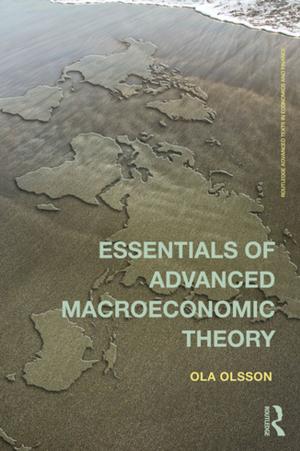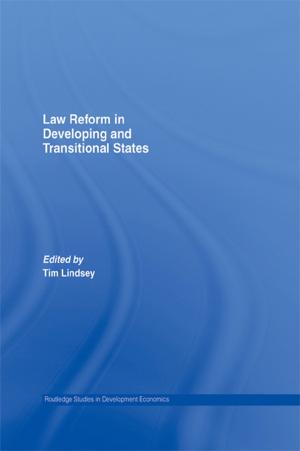Maximum Government, Maximum Governance
Reframing India’s Macroeconomic Discourse
Business & Finance, Economics, Macroeconomics, Nonfiction, Social & Cultural Studies, Social Science, Cultural Studies, Ethnic Studies| Author: | Sashi Sivramkrishna | ISBN: | 9780429537400 |
| Publisher: | Taylor and Francis | Publication: | February 8, 2019 |
| Imprint: | Routledge | Language: | English |
| Author: | Sashi Sivramkrishna |
| ISBN: | 9780429537400 |
| Publisher: | Taylor and Francis |
| Publication: | February 8, 2019 |
| Imprint: | Routledge |
| Language: | English |
Austerity, fiscal consolidation, fiscal discipline and fiscal deficit targets have become the buzzwords of contemporary macroeconomic policy. By tracing the history of macroeconomic schools of thought, Maximum Government, Maximum Governance explores the origins, essence, shortcomings and deception of mainstream neoliberal macroeconomics. Arguing that economies are financially constrained, neoliberal macroeconomics dislodged full employment as the target of policy replacing it with a low and stable inflation target. Monetary policy under the control of an independent central bank became the primary instrument to assist free and globalized markets to propel economies towards full employment. However, the global financial crisis of 2008 and rising inequalities of income and wealth in the last decade within and across economies has led to rise of nationalist-populist leaders in many parts of the world. Although neoliberal economics has been put under the scanner by these leaders, their actions seem reactionary and without a coherent understanding of alternative schools of economic thought. An alternative based on sound economic reasoning and institutional realities is required to challenge neoliberal and arbitrary populist policies.
Based on an introductory analysis of Modern Money Theory (MMT), this book seeks to present an alternative viewpoint on macroeconomics and macroeconomic policy to address the challenges of economic growth, unemployment and inequality. While adherents of MMT are convinced of its robustness, the challenge is to reframe macroeconomic discourse, which must essentially reject the notion that an economy is financially constrained and instead turn the spotlight on real resource and governance constraints.
Please note: Taylor & Francis does not sell or distribute the Hardback in India, Pakistan, Nepal, Bhutan, Bangladesh and Sri Lanka
Austerity, fiscal consolidation, fiscal discipline and fiscal deficit targets have become the buzzwords of contemporary macroeconomic policy. By tracing the history of macroeconomic schools of thought, Maximum Government, Maximum Governance explores the origins, essence, shortcomings and deception of mainstream neoliberal macroeconomics. Arguing that economies are financially constrained, neoliberal macroeconomics dislodged full employment as the target of policy replacing it with a low and stable inflation target. Monetary policy under the control of an independent central bank became the primary instrument to assist free and globalized markets to propel economies towards full employment. However, the global financial crisis of 2008 and rising inequalities of income and wealth in the last decade within and across economies has led to rise of nationalist-populist leaders in many parts of the world. Although neoliberal economics has been put under the scanner by these leaders, their actions seem reactionary and without a coherent understanding of alternative schools of economic thought. An alternative based on sound economic reasoning and institutional realities is required to challenge neoliberal and arbitrary populist policies.
Based on an introductory analysis of Modern Money Theory (MMT), this book seeks to present an alternative viewpoint on macroeconomics and macroeconomic policy to address the challenges of economic growth, unemployment and inequality. While adherents of MMT are convinced of its robustness, the challenge is to reframe macroeconomic discourse, which must essentially reject the notion that an economy is financially constrained and instead turn the spotlight on real resource and governance constraints.
Please note: Taylor & Francis does not sell or distribute the Hardback in India, Pakistan, Nepal, Bhutan, Bangladesh and Sri Lanka
